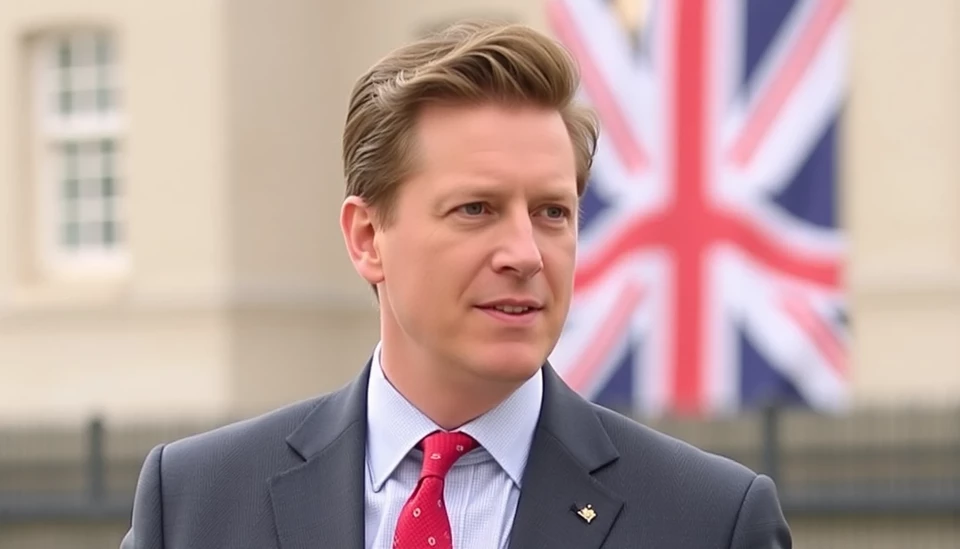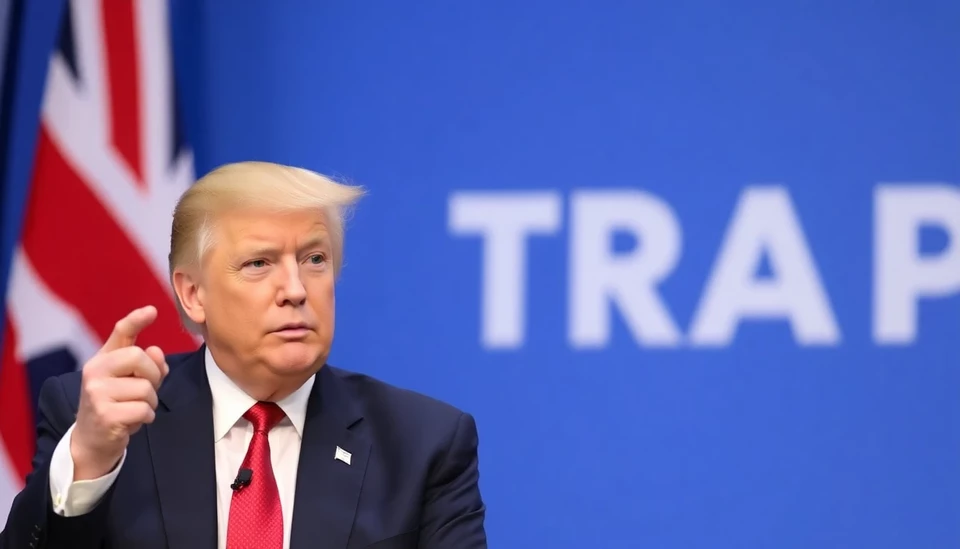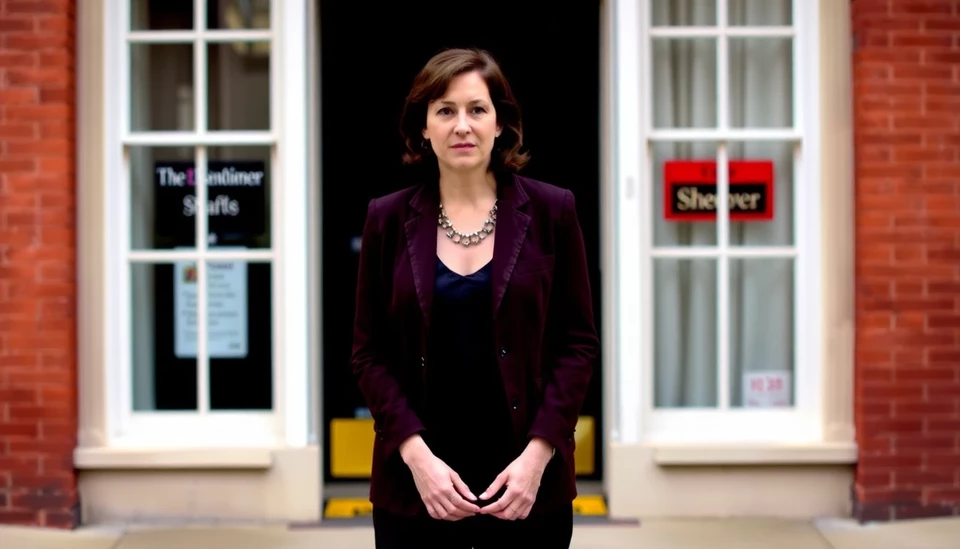
In a bold move aimed at revitalizing the Labour Party's image following a tumultuous start, Keir Starmer, the party leader, has committed to making 2024 a transformative year for the United Kingdom. This promise comes in the wake of recent electoral setbacks that have raised questions about the party's direction and its leadership under Starmer.
Starmer's vision for 2024 hinges on rebuilding not just the Labour Party, but also restoring faith in its ability to govern. The recent challenges have posed serious obstacles, including internal divisions and public dissatisfaction, which have prompted Starmer to take a proactive stance to reconnect with voters. He has articulated a clear plan to focus on key issues such as the economy, healthcare, and education, asserting that a stronger Labour Party is essential for a prosperous UK.
In a public address, Starmer outlined his strategy, emphasizing the need for the Labour Party to engage more effectively with local communities and address their immediate needs. He pointed out that the government has failed to respond adequately to pressing issues faced by citizens, such as the cost-of-living crisis, housing shortages, and educational disparities. By prioritizing these concerns, Starmer believes Labour can regain its footing and position itself as a compelling alternative to the current government.
Furthermore, Starmer highlighted the significance of unity within the party. Acknowledging previous frictions, he called for an end to infighting and urged party members to channel their energy towards common goals. His leadership approach seeks to foster collaboration and inclusivity, emphasizing that a united Labour Party is paramount for success in future elections.
In alignment with his rebuilding agenda, Starmer hinted at potential policy reforms tailored to address both long-standing issues and emerging challenges. He has encouraged a more community-centric approach, suggesting that local branches of the party should have a greater voice in shaping policies that directly impact their constituents. This grassroots strategy aims to increase loyalty among party supporters while also attracting undecided voters.
Despite the recent setbacks, including a disappointing performance at local elections, Starmer remains optimistic about the potential for Labour to bounce back. His determination is evident as he prepares to solidify his party's platform ahead of upcoming national elections. Stakeholders and political analysts are closely watching these developments, as many believe that the success of Starmer's initiatives could redefine the future of the Labour Party in British politics.
As we head into 2024, the focus will undoubtedly be on how effectively Starmer can implement his plans for rebuilding. With public sentiment shifting rapidly and the political landscape becoming increasingly competitive, the Labour Party's success will hinge on its ability to resonate with voters during this pivotal year.
In summary, Keir Starmer's commitment to a year of rebuilding could be the turning point for the Labour Party, setting the stage for a renewed connection with the British public. Only time will tell if his efforts will yield the desired results, but the stakes couldn't be higher for Labour as it seeks to reclaim its position in UK politics.
#LabourParty #PoliticsUK #KeirStarmer #Rebuilding2024 #UKElections #CommunityEngagement #PoliticalStrategy #FutureOfLabour
Author: Daniel Foster




